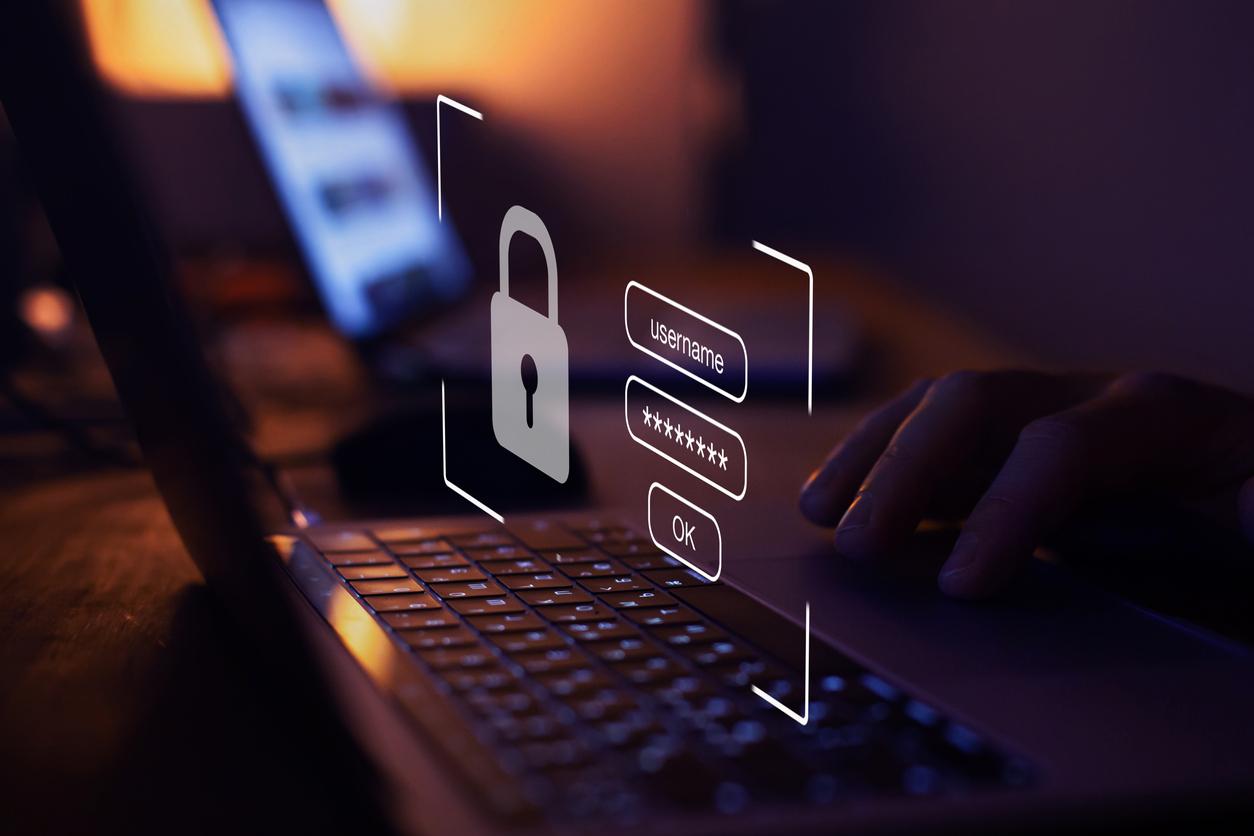Businesses have always been concerned about the security of their websites and mobile apps.
However, as of the recent outbreak, its importance has grown tremendously. The epidemic has accelerated the process of total digital transformation for both large and small organizations. Today’s businesses are under a lot of pressure to either create a new app or improve an old one. Now, mobile apps and webpages are not merely employed to efficiently communicate with new and existing audiences. It has, however, become an absolute requirement.
However, in their haste to obtain an advantage over their competitors, many businesses overlook critical factors such as security. App and website security, as you may know, should always be at the top of your priority list.
During the pandemic, cyberattacks have increased.
Humans are frequently the weakest link when it comes to cybersecurity. We are seeing an increase in the number of people who are victims of two types of cyberattacks. The first is social engineering, which tries to get around a process you are currently employing and exposes your lack of security awareness. The second is logical engineering, which is used to detect insecure or obsolete software in a system or technology. Since the pandemic drove most of us to work from home, data security is more important than ever. Not to mention, the growing severity and volume of cyberattacks has compelled businesses to assess their digital readiness and combat cyber threats head-on.
Cyber-attacks on banks have increased by 300% since the pandemic began. Not to mention the fact that phishing assaults have surged by 600 percent. You might be surprised to learn that cyberattacks have increased in 80% of organizations around the world this year.
By 2022, more than half of the world’s population will have access to the internet. Furthermore, mobile internet users make up at least 95% of all web users, making mobile the most widely used mode of internet access worldwide. As this number grows by the day, it is sad that not all of them are aware of the hazards to data security. Because of this lack of security awareness, hackers can easily change and recover data. That is something we do not want to happen.
Consumer data is stored in mobile apps and websites, making them an easy target for hackers. In fact, 78 percent of hackers acknowledge that the security deployed by many businesses is insufficient to secure data. They believe that in the next years, AI-powered cybersecurity solutions will not be enough to outmaneuver hackers.
The Demand for Cutting-Edge Mobile App and Website Security
The following are the main reasons why website and app security should be a top priority for you.
Confidential Information is Safeguarded
By using the most up-to-date security software on your website and app, you can prevent hackers and malware installations. It also stops you from clicking on harmful online links that are sometimes disguised as legitimate ones. These URLs contain viruses, Trojans, and malware that can be used to steal or damage personal information.
Provides software patching services on a regular basis.
Patching software is critical for keeping confidential data always secure. They oversee hiding security flaws to keep hackers out. It will also keep cyberattacks from causing serious harm to your company.
It shields you from adware and spyware.
Advertising, often known as harmful advertising, is a type of online advertising that is used to transmit malware. It entails the placement of malware-infected or harmful adverts on legitimate online advertising web sites and networks. It allows hackers to infiltrate through loopholes, making it much easier for them to do so.
Hinders your phone and computer from becoming infected with malware.
Sophisticated mobile apps and online security will be able to tell you if your device has been infected with viruses or malware, as well as the severity of the infection. It will immediately erase specific types of viruses and malware, preventing any potential threats or severe effects.
Customers are being targeted by hackers.
Malicious malware infects your website or mobile app to collect data and, in some situations, device resources. It can also be used by hackers to reroute traffic and corrupt your visitors or customers with malicious software. And automated hacking techniques are frequently used to accomplish this. Hackers use your app and website to retarget potential consumers for their personal information.
So, how can you keep your mobile apps and websites safe from cybercriminals?
In today’s fast-paced digital environment, there are a few ways you may use to ensure your app or website is secure.
4 Ways to Make Sure Your Mobile App and Website Are Safe
Make use of a secure network
By adopting a secure network, such as an HTTPS URL, website owners may ensure that their data is always protected. Obtain an SSL certificate so that your website is not rendered defenseless in the event of a cyberattack. SSL is required to prevent hackers from easily infiltrating your system. Furthermore, the Security Token Service safeguards the validation process by confirming all authentications before concluding it. Similarly, utilizing a HTTP Only cookie prevents any 3rd party from accessing the client-side script, preventing cookie-based attacks. The HSTS (HTTP Strict Transport Security) feature is a more secure version of HTTP. It prevents a browser from communicating with any given domain using the HTTP protocol, requiring it to use HTTPS instead.
Caching of data should be optimized.
Cache data is typically stored on mobile devices to improve app speed. However, as apps and gadgets grow more exposed to breaches and attacks, this causes a slew of problems. Hackers can quickly decrypt stored information, resulting in the theft of personal information. You can employ authentication to access the application or website to decrease the vulnerabilities associated with cached data. You may even automate the process of wiping cached data whenever the device reboots.
Use a two-factor authorization system.
When a website recognizes a separate IP address used to login to your account, such as your Gmail, two-factor authorization is quite useful. It immediately sends a text message with a code to the registered phone number to confirm that you are the one who is using the account. It allows you to quickly determine if someone else is attempting to access your account using your credentials.
Preventing Data Breach
The next step is to keep data leaks at bay. You can request that your developers apply codes to avoid the purposeful or unintentional release of sensitive data into an untrustworthy environment. Users will still be able to download apps to their devices. When you design secure mobile workplaces, you can prevent malware from accessing the apps and hackers from copying, saving, or sharing sensitive information.
Create a mobile app and website that are both very secure. Although the epidemic has spread digital change for organizations across all industries, it has also highlighted the significance of data protection. In today’s digitally advanced society, the only way to obtain a competitive advantage is to make sure your apps and websites are secure. If you have any questions concerning the security of your mobile app or website, you can contact our team of experienced developers. We can also assist you in the development of feature-rich, high-performance, and secure mobile apps and websites.




